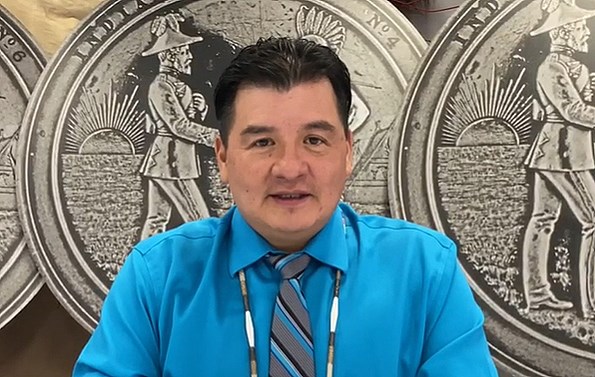REGINA — The Federation of Sovereign Indigenous Nations has blasted Premier Scott Moe’s white paper on protecting the province's resources from federal intrusion.
According to an FSIN news release, the organizations sees the white paper as a “direct threat to First Nations inherent and treaty rights as recognized and affirmed in Section 35 of the constitution.”
In a statement, FSIN Chief Bobby Cameron accused the province of a lack of consultation.
“First Nations are not surprised with the province’s lack of consultation and accommodation when it comes to the development of laws, regulations and policies imposed upon us, especially when it impacts our inherent, treaty and constitutional rights,” said Cameron.
“It is clear that the government failed in its fiduciary obligations it owed to First Nations, and our people have always maintained that the lands and waters were never relinquished under treaty. First Nations continue to be excluded from discussions related to the natural resources, just as we were in 1930 when they wrongfully imposed the Natural Resources Transfer Agreement.”
The FSIN also claimed Moe’s government was ignoring First Nations' rights to the natural resources on their lands.
“Premier Moe talks about the constitutional rights of the province, yet he and his government continually ignore First Nations’ inherent and treaty rights, as well as our section 35 constitutional rights," said Vice Chief Heather Bear in a statement.
"First Nations do not know what the effects of this plan will be because we were not even provided with any information on this plan. Climate change is real, and we all know that First Nations in the north will be impacted before everyone else. When the province ignores its constitutional obligations to consult on such important policies, First Nations have no choice but to consider their legal options. The premier must do better and he must address his obligations to First Nations before he develops plans that will no doubt impact our nation."





